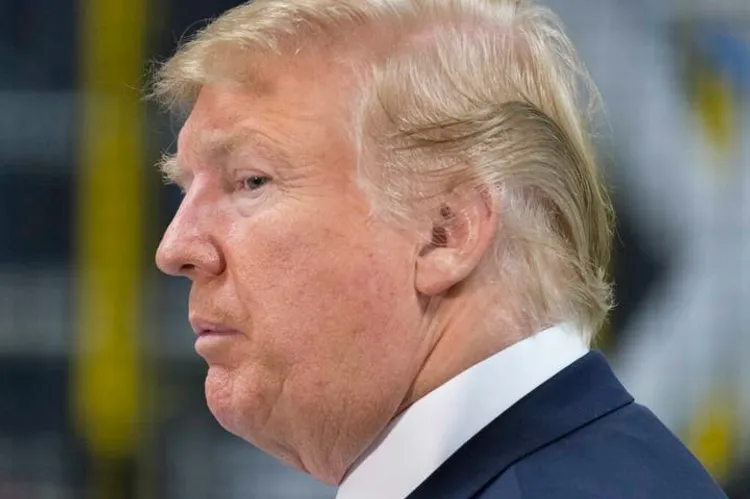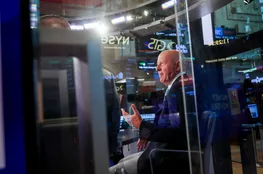The Donald Trump administration has dramatically increased federal investment in U.S. companies, a strategy mirroring the scale of wartime efforts and rarely observed outside of significant crises. This proactive approach involves direct government stakes in strategic businesses and a notable expansion of state intervention within industries deemed critical to national security. A pivotal moment arrived with the controversial merger between Japan’s Nippon Steel and U.S. Steel, where President Trump secured a ‘golden share,’ granting him veto power over major business decisions. This unprecedented move reflects a deliberate strategy to exert control and influence within key sectors. Furthermore, the Department of Defense has made a substantial $400 million equity investment in MP Materials, a rare-earth miner, solidifying its position as the company’s largest shareholder – a move considered entirely novel for the DOD, historically refraining from such direct equity investments in mining companies or projects.
As Gracelin Baskaran, an expert on critical minerals at the Center for Strategic and International Studies, noted, "This level of federal support for a mining company is unprecedented." Baskaran’s assessment highlights the significance of this shift, emphasizing the scale and impact of the administration’s actions. The ‘golden share’ held by President Trump underscores his active role in guiding the direction of U.S. Steel, signaling a willingness to directly intervene in market dynamics. This strategy represents a departure from the traditionally staunch Republican stance on free-market capitalism, demonstrating a willingness to embrace state intervention to safeguard national security interests.
The implications of this shift are considerable, particularly as the administration seeks to counter state-backed competition from China. The investment in MP Materials serves as a potential model for future public-private partnerships, suggesting a broader trend of government support for U.S. companies in strategically important industries. However, this approach raises critical questions about the potential for unintended consequences. Critics argue that such interventions could exacerbate market failures, creating new challenges for the economy. The core issue revolves around whether state intervention can effectively address national security concerns in sectors like rare earths, which have historically been plagued by market inefficiencies and strategic vulnerabilities.
The shift represents a calculated gamble, aiming to bolster U.S. competitiveness while mitigating risks associated with reliance on foreign sources for vital materials. This strategy is not without its detractors, who caution against the potential for government overreach and the distortion of market signals. The administration’s actions are undeniably reshaping the landscape of U.S. industrial policy, sparking debate about the appropriate role of government in safeguarding national security and promoting economic growth. This bold move underscores a commitment to proactive defense strategies and a willingness to adapt traditional economic principles to address evolving geopolitical realities.
The future implications of this approach remain uncertain, but it undoubtedly marks a significant turning point in the administration’s economic agenda. The level of involvement signals a deliberate effort to control access to critical resources, a strategic imperative in an increasingly competitive global environment. This intervention is designed to foster domestic production and reduce dependence on foreign supply chains, a key objective in the ongoing trade disputes and strategic competition with China. Ultimately, the success of this strategy hinges on its ability to deliver tangible benefits – increased domestic production, strengthened supply chains, and enhanced national security – while avoiding the pitfalls of government overreach and market distortion.
The level of involvement represents a fundamental shift in the administration’s approach to industrial policy, prioritizing strategic control and national security above all else. The bold move underscores a commitment to proactive defense strategies and a willingness to adapt traditional economic principles to address evolving geopolitical realities. The long-term success of this strategy will depend on its ability to deliver tangible benefits while mitigating the risks of government overreach and market distortion. Benzinga does not provide investment advice. All rights reserved.
























